Udupi, Jan 16: Renovated with sustainable eco-friendly features by the Bearys Group, the Badriya Jum’a Masjid of Kodi in Kundapur taluk was formally inaugurated by Moulana Sayyed Mohammed Rabey Hasani Nadvi, president, All India Muslim Personal Law Board, in the presence of a galaxy of religious scholars.
Speaking on the occasion he said that a mosque is centre of love, peace and humanity and it spreads the message of peace and brotherhood. He also called upon the Muslims to be harbingers of global peace by following the teachings of Quran and Sunnah.
Applauding Bearys Group for converting Badriya Jum’a Masjid into world’s first ‘zero energy’ eco-friendly green mosque, Maulana Mufti Mohammed Ashraf Ali Baqavi, principal of Darul Uloom Sabeelur Rashad, said that people of Kodi now bear the responsibility to spread peace and brotherhood through this facility.
Ibrahim Musliyar Bekal, Khazi of Udupi district, CMD, Bearys Group, UT Khader, Minister for Health and Family Welfare were present among others.
The mosque design has integrated Islamic architecture and sustainable technologies. The important feature of this green building is that its entire energy requirement is met through hybrid renewable energy, both wind and solar.
80 year old mosque
Mr Beary said that the mosque was built by his grandfather 80 years ago. It was renovated 40 years ago and now it was renovated again with eco-friendly measures. “It is our little contribution in India’s march towards sustainable development,” he said and hoped that the mosque will become a holistic place of worship where people from all over the world can come, pray and find true solace.
The mosque, built on 15,000 sqft area, at a cost of Rs 2 crore has come up in a palatial ground accommodating greenery in and around. The cooling of the building is achieved by using elements of nature. The building orientation minimizes solar heat gain.
The ‘L’ shaped building plan and elevated nature of the prayer hall, green vegetation and water tanks around it offer a naturally cooled environment. The solar heat reflecting terrace floor, laid with white China mosaics and fitted with turbo vents, not only keep the prayer space cool, but also reduces warming of local micro climate, he said.
The power consumed is six kilo watts as against the actual requirement of 40 to 50 kilo watts. Its open envelope with sun rays travelling and non-conducting Glass Reinforced Concrete (GRC) Jallis with over 50 per cent openings, increase natural ventilation.
The natural cooling of the building is accentuated by the wind scoop on 70 foot multifunctional Minaret (from where the Azan, the call for prayer is given) which forces down draft of cool breeze into the prayer hall and also supports the tower structure of wind turbine mounted atop it.
Use of hybrid renewable energy (Wind and solar energy) in the mosque will produce more energy than used by the mosque, thus feeding energy to state grid and accruing (CER) credits for next 25 years.
“Reduce-Reuse-Recycle-Regenerate” technology has been implemented here and it is equipped with “Pressmatic” (Taps with technology that allows only a fixed quantity of water to flow with every press of its knob) water fixtures to conserve precious water, he claimed.
The calligraphy in Arabic, Chinese and Japanese languages on the walls of the mosque is done by Mukhthar Ahmed, the head of Institute of Indo-Islamic Art and culture, Bengaluru. The mosque also accommodates a library.
Also Read: World’s first ‘zero energy’ green mosque all set for inauguration in Udupi’s Kodi
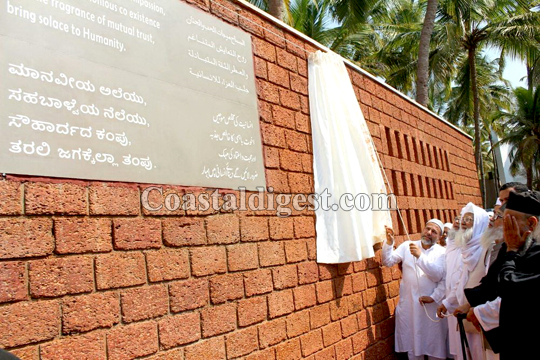

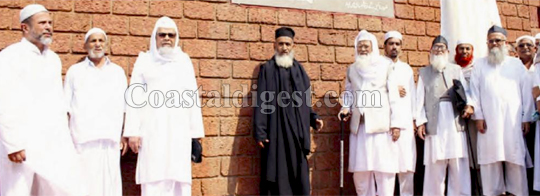
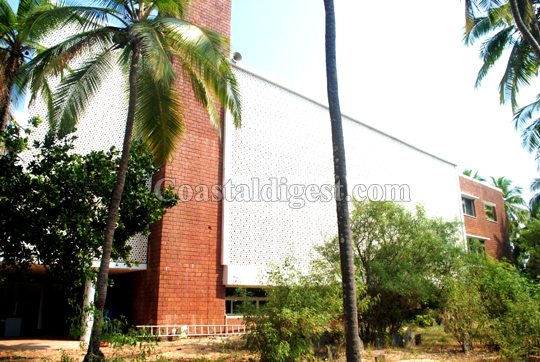
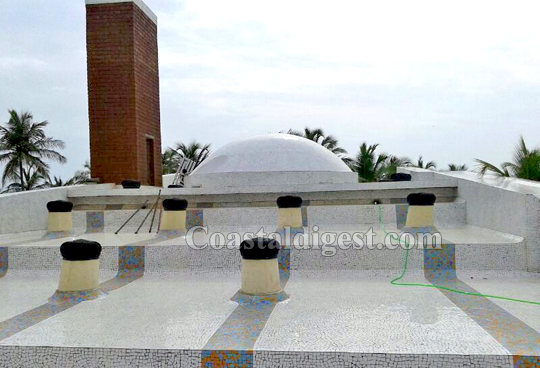
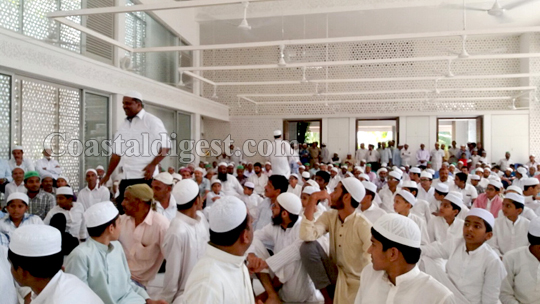




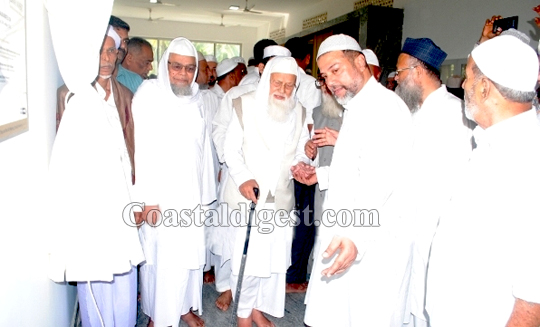
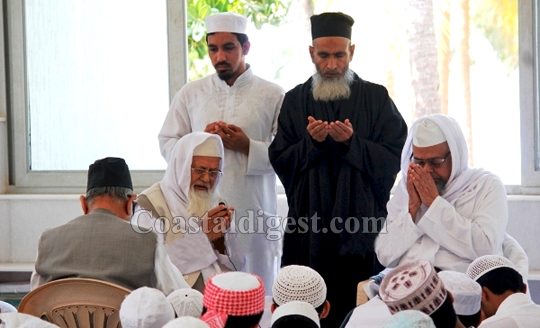
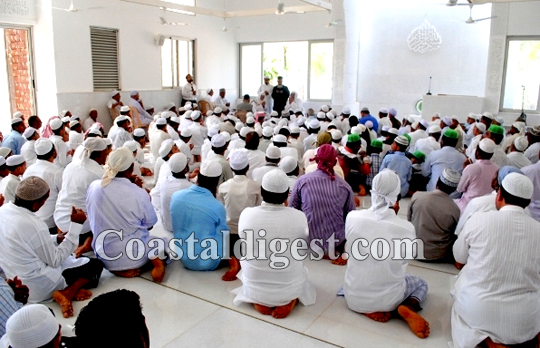

Comments
Dell has also made other strides toward becoming a greener technology company.
However, the industry believes that, at present,
China's household electrical appliance recycling enterprises
are facing difficulties. According to him, the practice of scrap metal recycling in Los Angeles will not only help us keep the environment clean but also make some
additional money.
Also visit my blog :: electronics recycling los angeles: http://Electronicrecycling-La.com/
May Allah accept all good deeds of Br. Syed Beary and his family and reward them the best in here and hereafter. Ameen
Masha Allah. May allah accept the good deed of Syed Mohammed Beary, his grand father and all their family memebrs.
Add new comment